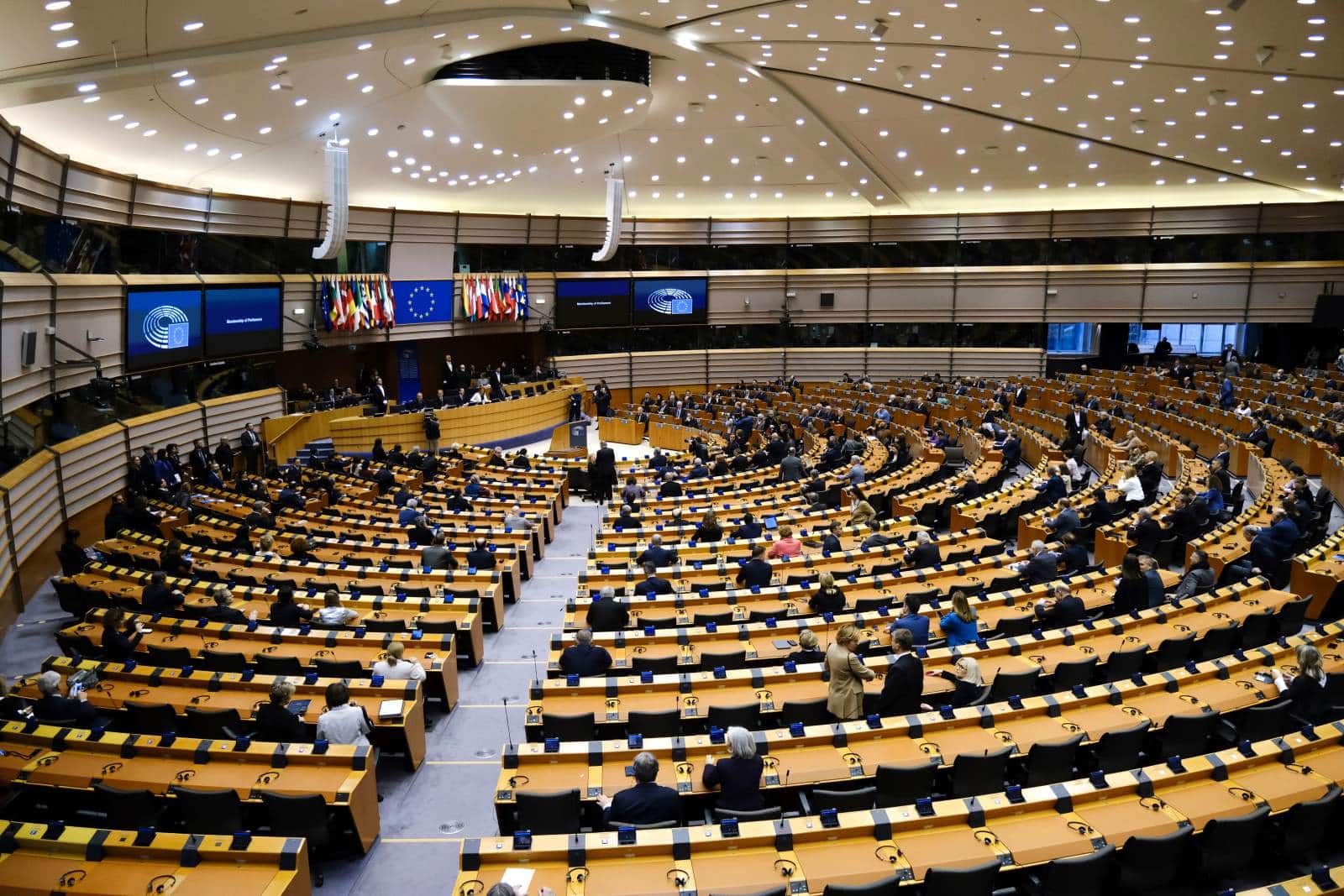The quest for Scottish independence remains a dynamic and evolving issue. Here are 21 reasons why Scotland might still break away from the United Kingdom.
1. Persistent National Identity

The strong sense of Scottish national identity continues to fuel the desire for independence. Many Scots feel culturally distinct from the rest of the UK.
2. Brexit Fallout

Scotland voted overwhelmingly to remain in the EU, and the subsequent Brexit has exacerbated calls for independence, as many Scots feel their preferences were ignored.
3. Economic Control

Independence advocates argue that Scotland could better manage its economy and natural resources, like North Sea oil, outside the UK.
4. Political Divergence

The political landscape in Scotland often contrasts sharply with that of Westminster. Policies from the UK government frequently do not align with the preferences of the Scottish electorate.
5. SNP Dominance

The Scottish National Party (SNP) remains a powerful force in Scottish politics, continually pushing for independence.
6. Westminster Discontent

Discontent with decisions made by Westminster fuels the independence movement, with many Scots feeling underrepresented.
7. New Leadership

New leadership under Humza Yousaf may bring renewed energy and strategies to the independence campaign.
8. Historical Grievances

Longstanding historical grievances and a desire to correct perceived injustices from the past continue to drive the independence narrative.
9. Public Opinion

Polls consistently show a significant portion of the Scottish population supports independence, indicating a persistent undercurrent of separatist sentiment.
10. Legal Battles

Ongoing legal battles and debates over the legality of an independence referendum keep the issue alive in public discourse.
11. Devolution Limitations

The limitations of devolved powers highlight the desire for full control over all domestic and international policies.
12. Cultural Revival

A resurgence in Scottish culture, language, and traditions strengthens the push for a separate national identity.
13. Economic Prospects

Pro-independence advocates argue that an independent Scotland could be economically viable, citing small, successful European nations as models.
14. Social Policies

Differences in social policies, such as health care and education, between Scotland and the UK bolster the argument for a distinct national policy direction.
15. International Support

Some international figures and groups express support for Scottish independence, lending moral and sometimes logistical support to the movement.
16. Environmental Policies

Scotland’s approach to environmental policies often differs from the UK, and independence could allow for more tailored and ambitious environmental strategies.
17. Independence Referendum

The push for a second independence referendum, often referred to as IndyRef2, remains a central strategy for independence advocates.
18. Youth Engagement

Younger generations in Scotland tend to be more supportive of independence, suggesting future demographic shifts could bolster the movement.
19. Media Representation

Scottish media increasingly reflects and amplifies the independence debate, keeping the issue at the forefront of public consciousness.
20. Resilience of the SNP

The resilience and adaptability of the SNP, despite political challenges, continue to drive the independence agenda forward.
21. Global Trends

Global trends towards self-determination and the rise of nationalist movements worldwide provide a broader context that favours Scottish independence.
A Future Decided?

As these factors converge, the possibility of Scottish independence remains a potent and persistent force in UK politics. Whether or not Scotland will ultimately achieve independence is a question that continues to captivate both supporters and skeptics alike.
Featured Image Credit: Shutterstock / Anyone Can Photography.
For transparency, this content was partly developed with AI assistance and carefully curated by an experienced editor to be informative and ensure accuracy.

